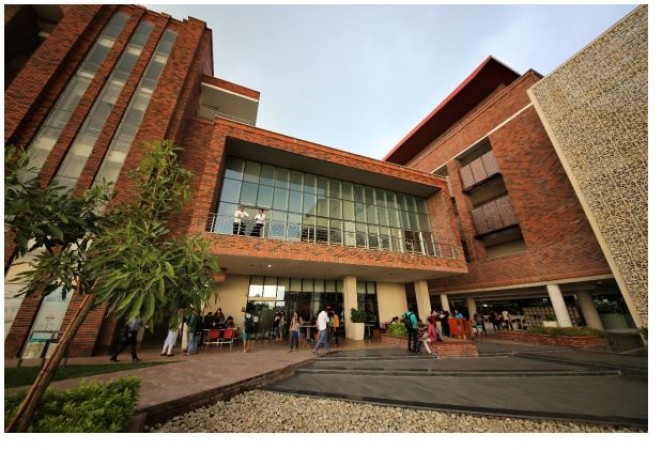
Across time as well as across cultures and societies, education has been a vehicle of transformation for the world. The concept of the global citizen has garnered a significant role in an increasingly interconnected world. Education plays a key aspect in shaping individuals into responsible and compassionate global citizens who contribute towards a sustainable and inclusive planet. Innovative initiatives and educational reforms can empower the next generation to face increasingly complex challenges with understanding, reasoning and empathy.
Embracing Cultural Diversity:
Nurturing global citizens involves a significant focus on promoting cultural diversity through education. By implementing diverse curricula, intercultural programmes, and facilitating student exchanges, educational institutions can effectively introduce their students to a wide array of new and enriching experiences. Students can learn to understand and respect various cultures, traditions, and languages leading to a united global community.
“Education has the power to bring transformative changes and empower the youth. Other than imparting knowledge, the focus should always be holistic, on creating global citizens and changemakers,” states Vineet Gupta, one of Ashoka University’s Founders.
Global Service Learning:
Students must be educated about pressing issues facing our global society. It is necessary to encourage them to get involved and engage in community services, social welfare projects, environmental initiatives, etc. both locally and internationally. This is a powerful step towards the creation of global citizens, as these enriching experiences can provide students with opportunities to understand their social responsibility, and foster empathy in them as it exposes them to the real world.
Purdue University in the United States is a world-renowned research university that emphasizes fostering 21st-century skills among students and preparing them for a global society. Through its Global Learning Faculty and Student Development Program, the university aims to enhance the teaching and learning process by incorporating global issues, activities, and experiences into the curriculum. Ashoka University in India also signed an MoU with Lehigh University, USA and through this agreement, they have expanded research horizons and established new student exchange programs and opportunities for students. Such global citizenship initiatives expose students to diverse cultures and prospects in an ever-changing world.
Digital Collaboration and Exchange:
Technological advancements have turned the world into a small village. This revolution has provided students with connectivity and collaboration opportunities with experts and peers from different nations, transcending geographical boundaries. Digital programme, virtual events, and classrooms can facilitate the interchange of ideas and viewpoints, helping students to enrich their skills and form valuable relationships.
Vineet Gupta states, “Students need to acquire the skills of effective face-to-face and virtual communication to engage confidently within and outside their communities. It can enable them to comprehend global challenges, appreciate diverse perspectives, express ideas articulately, and proactively address issues. Technological proficiency and digital skills can empower them to analyse and contribute to resolving both local and globally significant matters.”
Global Citizenship Education (GCED) is an initiative taken by UNESCO to help ensure that such ideas are embedded in various education systems of the world. Education is not just about providing literacy, but it encompasses the promotion of global citizenship among the students which can serve as a beacon that guides everyone towards a compassionate and united world. Model United Nations (MUN) is one major global initiative that exposes students to foster global-mindedness, develop leadership abilities, initiate cultural exchanges, and generate knowledge and interest in them about geopolitical and social issues while they learn the ways of the United Nations.
Creating global citizens through education is not just an aspiration; it is a vital necessity for creating a more harmonious, sustainable and interconnected world. Ashoka University Founders believe that together, it is possible to nurture a generation of global citizens committed to creating a brighter future for humanity - one rooted in empathy, understanding, and collective action.